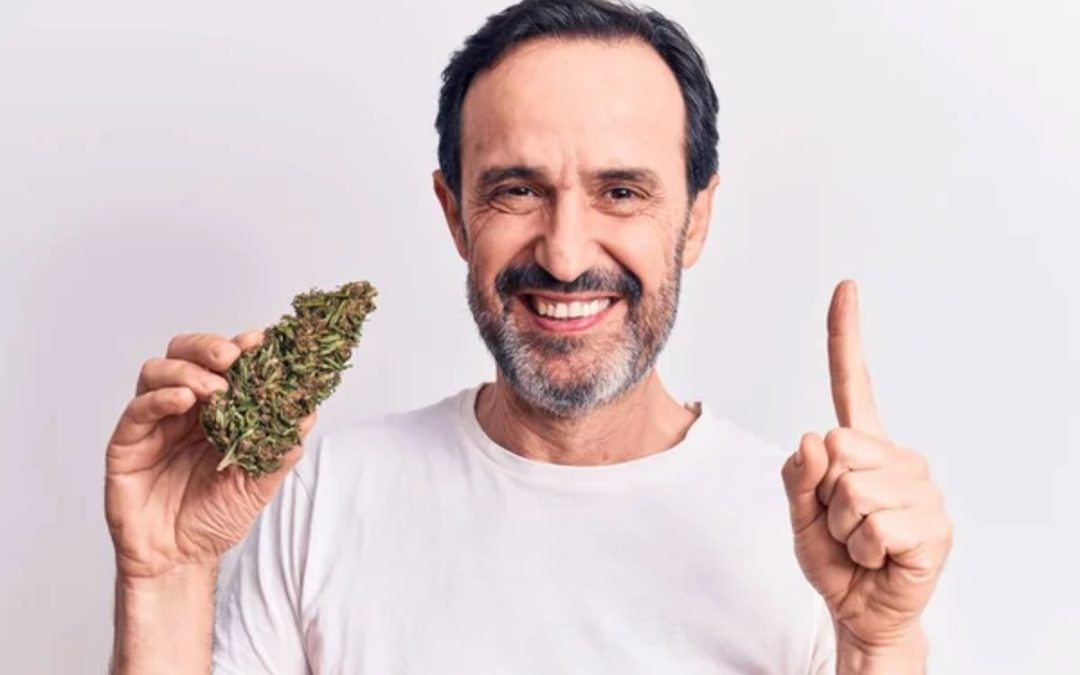The forthcoming coalition government led by the Move Forward Party is expected to bring significant changes to Thailand’s marijuana legalization, possibly even reversing it. Dr. Wayo Assawarungruang, a member of Move Forward’s public-health working panel, revealed that once the new government assumes office, marijuana will be relisted as a narcotic. The decision aims to facilitate strict control over marijuana-related matters. However, the government plans to issue regulations to safeguard the interests of legally operated marijuana businesses during this transition period.
Historically, cannabis had been prohibited in Thailand for several decades under the 1961 Single Convention on Narcotic Drugs. However, four years ago, the Bhumjaithai Party made marijuana legalisation a core policy in its election campaign. After the 2019 national vote, Bhumjaithai gained control of the Public Health Ministry and initiated efforts to remove marijuana from the narcotics list. Subsequently, by the end of 2019, marijuana was legalized for medical purposes.
Over the following years, the legal framework for general marijuana use was established, and by late 2021, cannabis was no longer classified as a controlled substance under the Narcotics Code. To ensure comprehensive legalization beyond medical use, the Public Health Ministry issued additional regulations. As a result, cannabis became readily available throughout Thailand. However, the absence of specific usage regulations led to the proliferation of marijuana shops and stalls, even near schools, creating concerns about zoning and public safety.
While the marijuana industry experienced significant growth in 2022, the tide is likely to change under the new government. Dr. Wayo predicts that around 70% of marijuana stalls and shops will be forced to shut down once marijuana is relisted as a narcotic. Online cannabis shops and roadside stalls, particularly those on Khaosan Road, are expected to be among the first to be affected. The businesses that currently operate legally rely on loopholes in the existing legislation. To address this, the government plans to pass new laws to regulate the remaining 30% of marijuana shops.
The decision to relist marijuana as a narcotic and implement regulations for its use is embedded in the memorandum of understanding (MoU) on governance signed by the Move Forward Party and its coalition partners. Move Forward’s leader, Pita Limjaroenrat, has consistently emphasized the need for control over marijuana.
The details of the new government’s marijuana policy framework and timeline have yet to be disclosed, but Dr. Wayo has stated that legitimate marijuana businesses will receive legal protection. He also highlights the importance of cooperation from all stakeholders in resolving the issues arising from the previous decriminalization and unregulated trade of marijuana.
While the government intends to introduce regulations and controls to mitigate the adverse impacts of marijuana use, it has not ruled out the possibility of allowing recreational marijuana under specific conditions. The decision on recreational use is yet to be fully explored by the government. However, Dr. Wayo has cited the rights of individuals and drawn comparisons between marijuana, liquor, and cigarettes, implying that recreational marijuana may not be entirely opposed in principle by the coalition.
Some individuals, including Dr. Smith Srisont and Weerawit Kreasombat, support recriminalizing marijuana, expressing concerns about the potential dangers and lack of control associated with its widespread availability. However, supporters of marijuana argue for its economic benefits, its potential to boost tourism in cities like Pattaya, Phuket, Chiang Mai, and Bangkok, and its importance for patients who rely on marijuana for medical reasons.
The future of Thailand’s marijuana industry remains uncertain under the upcoming government. It is expected that stricter regulations and controls will be implemented, leading to the closure of many marijuana businesses. The government aims to strike a balance between regulation and the rights of individuals, ensuring that marijuana use is controlled and its adverse









0 Comments